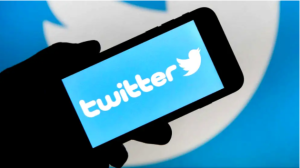
A Virtual Private Network service provider, Surfshark, has ranked Nigeria as the 66th country in the world to restrict social media access in the last six years.
According to a report by the company’s Communications Manager, Gabrielle Racaityte-Racai, at least 30 countries in Africa have blocked or heavily restricted social media access between 2015 – 2021, especially during elections, protests, demonstrations, or examinations.
She acknowledged that since the inception of social media, it has over the years become a strong political player that drives change across the world, and governments have been looking for ways to block or censor it.
The report, titled “June 2021 Social media censorship tracker,” released by Surfshark, analysed global social media restrictions in five regions – Africa, Asia, Europe, the Americas, and Oceania – highlighting the most prominent cases of interruptions and restrictions.
It reads”: “Social media has established itself as a key political player of its own. However, as its influence grows, so does the governments’ desire to censor it by introducing new laws, restricting access, or blocking social media altogether.
“In 2021 alone, they have been eight political cases of internet disruption across the world in Uganda, Russia, Myanmar, Senegal, Chad, the Republic of the Congo, Bangladesh, and Nigeria.
“In the past, at least 16 countries, Republic of the Congo, Uganda, Burundi, Cameroon, Equatorial Guinea, Gabon, Gambia, Guinea, Togo, Tanzania, Benin, DRC, Malawi, Mali, Mauritania, Sierra Leone have restricted access to social media due to elections. And at least 7 countries – Congo, Egypt, Eritrea, Mali, South Sudan, Sudan, and Zimbabwe – have restricted access to social media in the past due to protests and demonstrations.”
This article was originally published on Nigeria News


